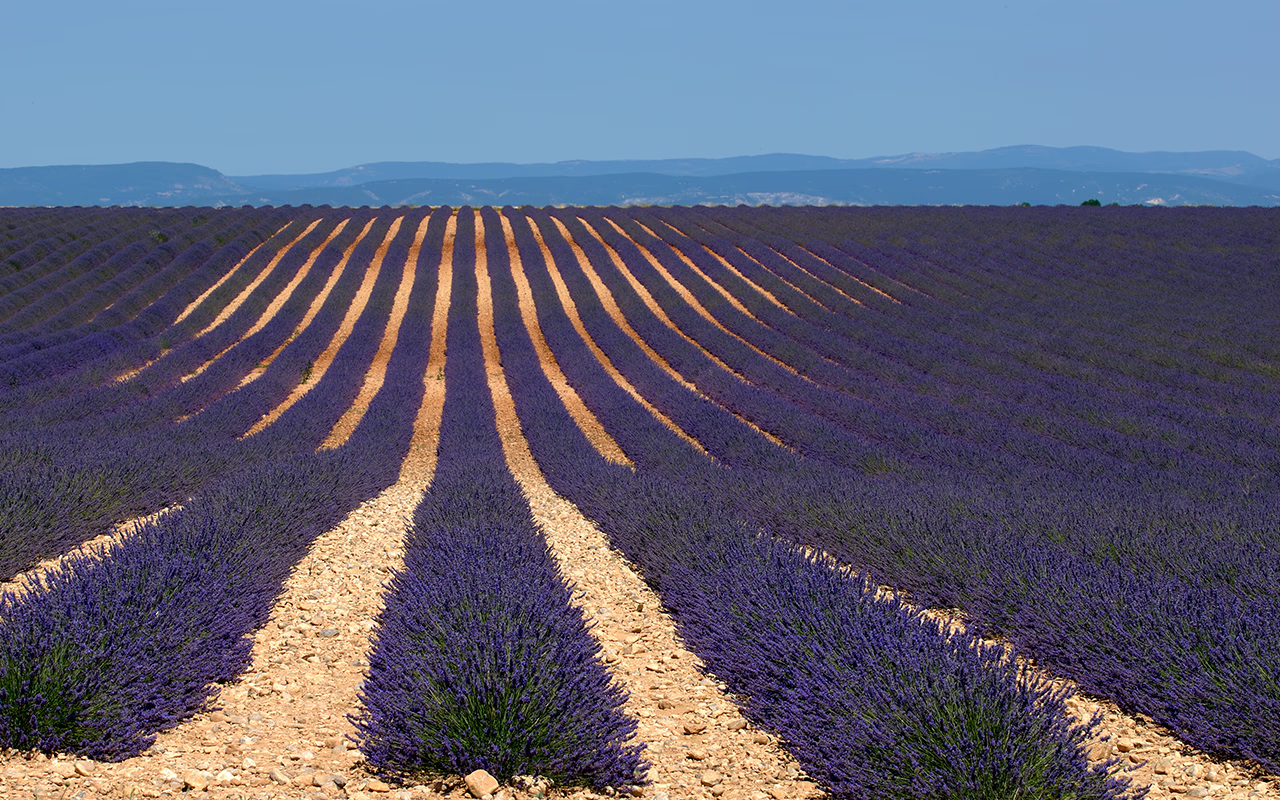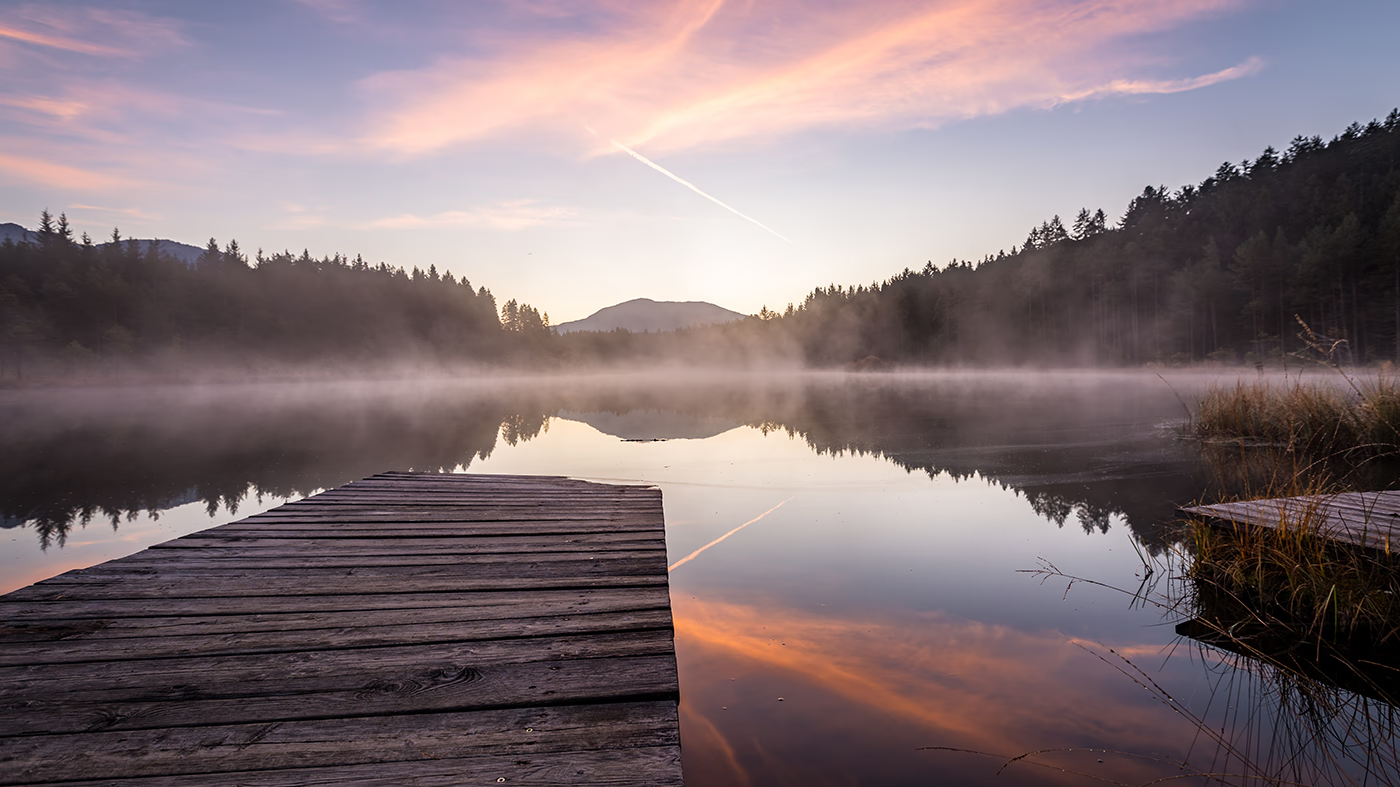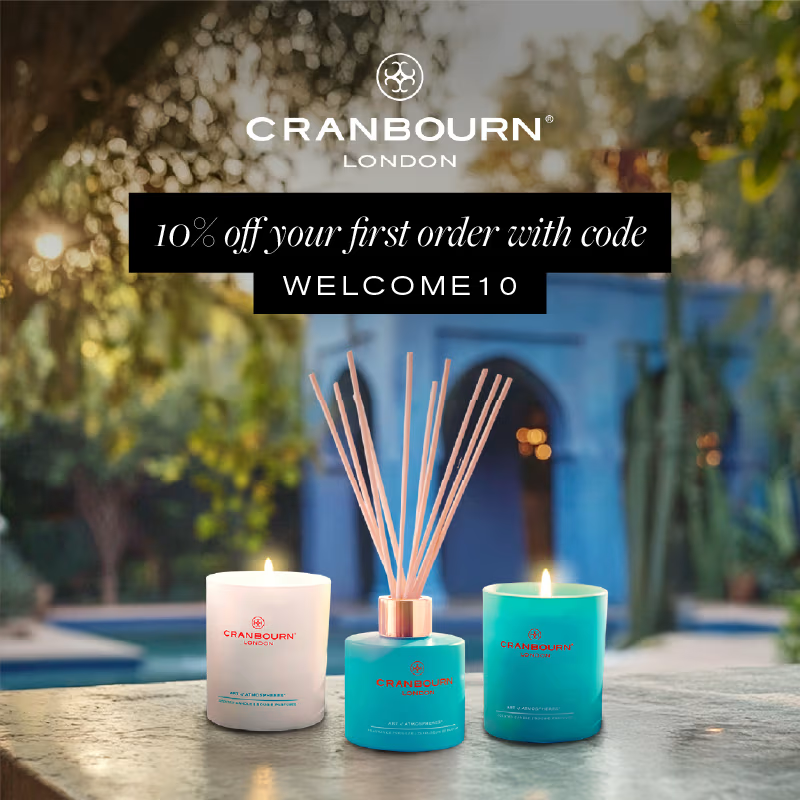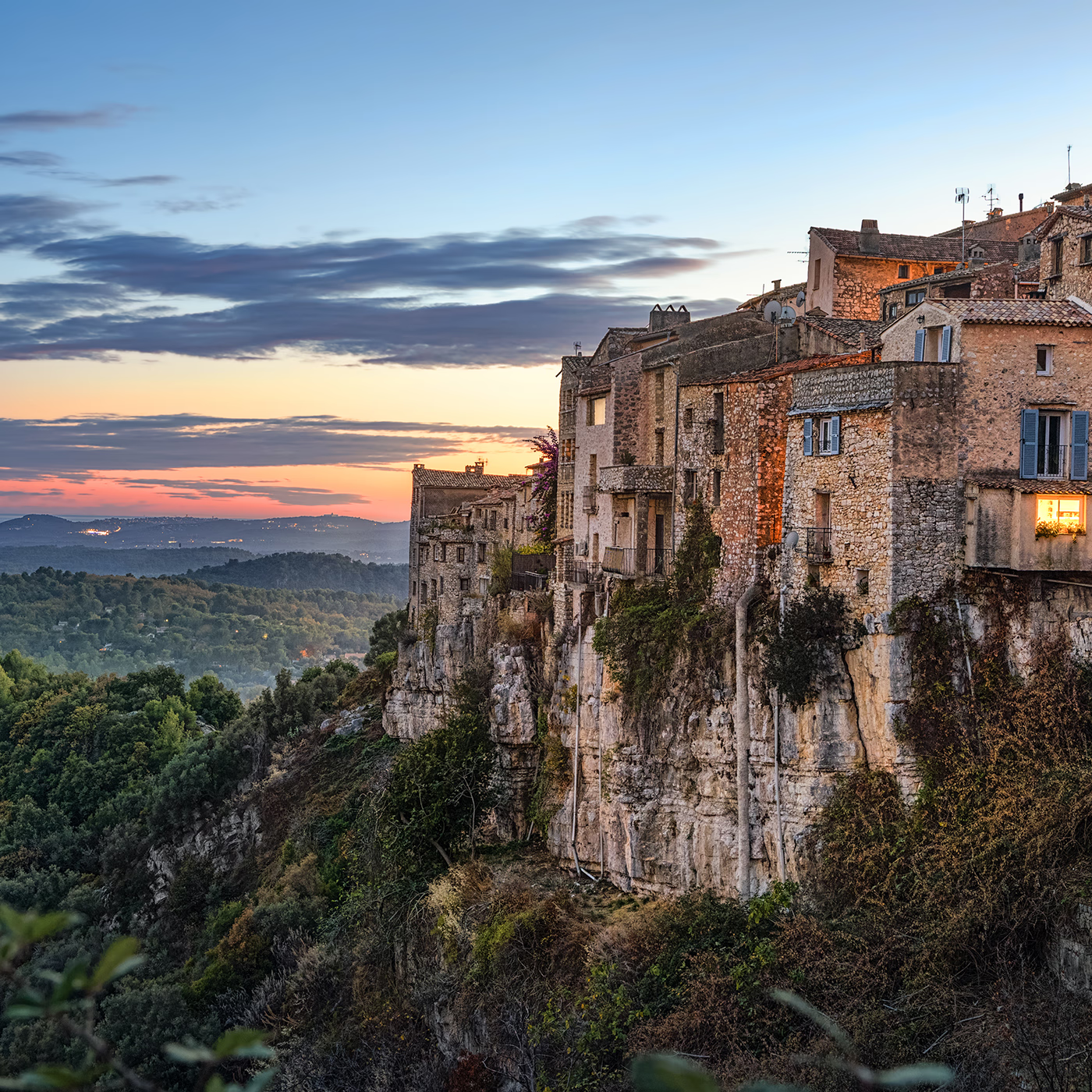
A jornada para a fragrância moderna
Nosso amor pela arte da perfumaria é profundo - então pensamos em levá-lo de volta ao início da longa e sinuosa jornada para a fragrância moderna de boticários e culturas antigas.
Um perfume é uma substância, extrato ou preparação que confere um cheiro agradável. A palavra perfume deriva do verbo latino perfume – que significa 'fumar completamente'.
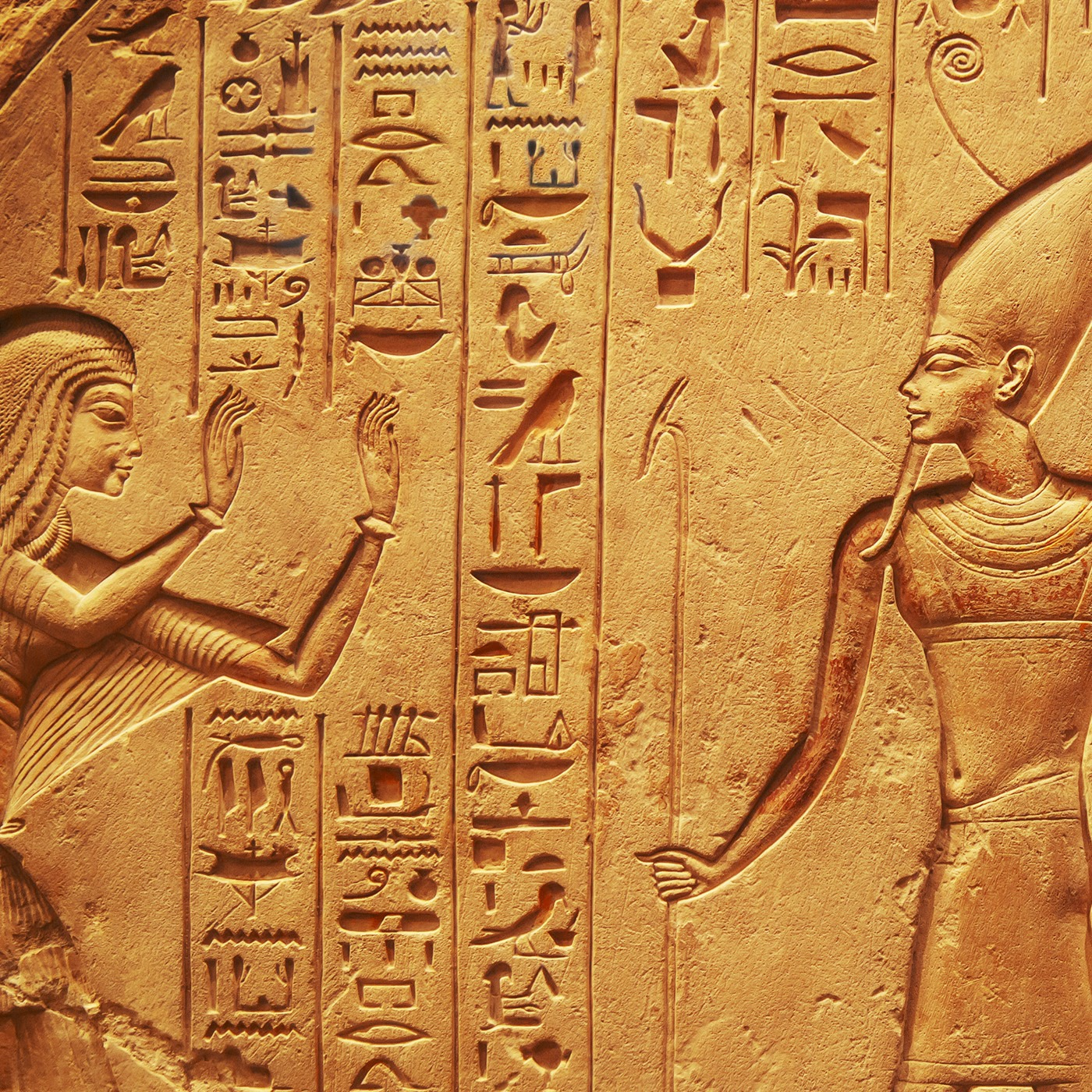
Civilizações antigas e boticários
A arte de fazer perfumes teve origem no antigo Egito, na Mesopotâmia, no Vale do Indo e na China. Posteriormente, foi aprimorado pelos romanos e pelos primeiros farmacêuticos árabes e persas, que desenvolveram a técnica de destilação e suspensão de essências geralmente derivadas de plantas em álcool.
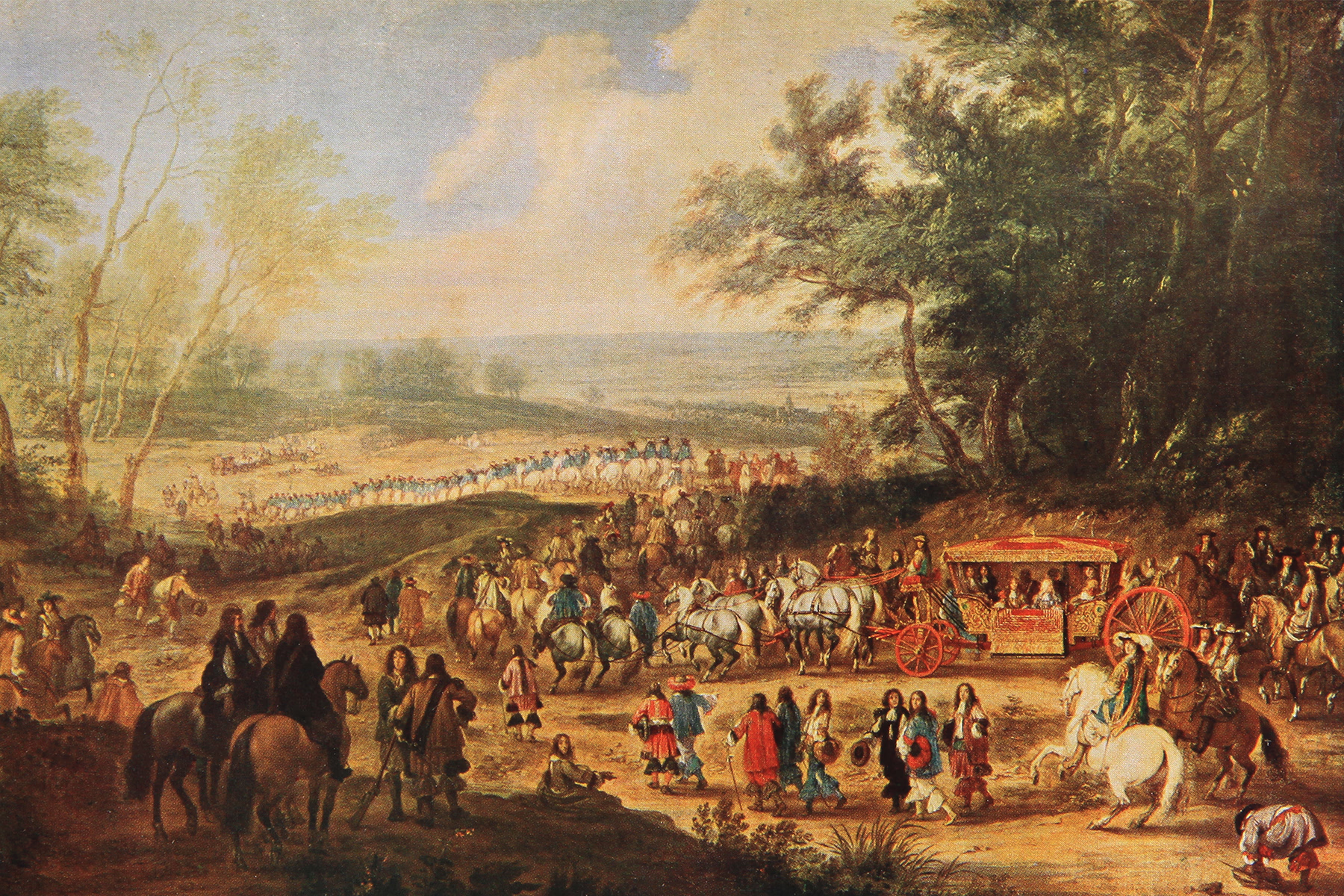
Europa medieval, o perfumista e farmacêutico
Este conhecimento foi posteriormente trazido para a Europa medieval, e a fabricação de perfumes logo prosperou entre as cortes reais – especialmente mais tarde na França do século XVII sob Luís XIV, Inglaterra e Itália. Os óleos perfumados também eram usados para cura e bem-estar, o que significava que as profissões de perfumista e boticário ou farmacêutico logo se tornaram intimamente interligadas.
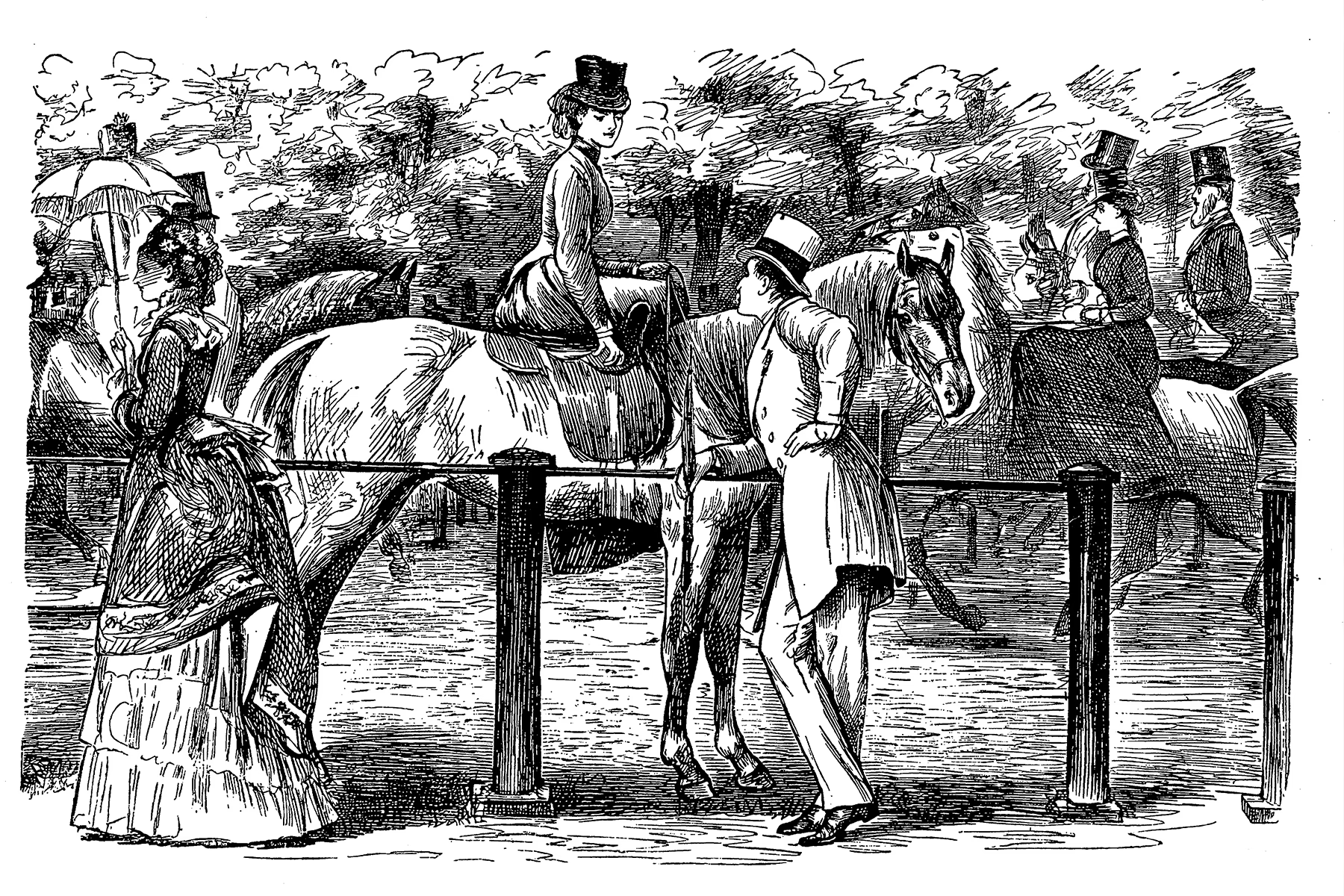
Mascarando o odor
Estranhamente, foi a indústria européia do couro que acelerou o desenvolvimento da perfumaria. A produção de couro nos séculos 17 e 18 usava processos podres de cheiro desagradável durante o curtimento, o que significava que os artigos de couro transmitiam odores desagradáveis a todos aqueles que os usavam. A nobreza européia e os consumidores da alta sociedade exigiam que seus artigos de couro tivessem um cheiro agradável. Os fabricantes de luvas de couro, conhecidos como 'gantiers-parfumeurs', aceitaram o desafio em cidades como Grasse, na Provença, famosa pelo cultivo de plantas, principalmente flores usadas para produzir óleos essenciais.
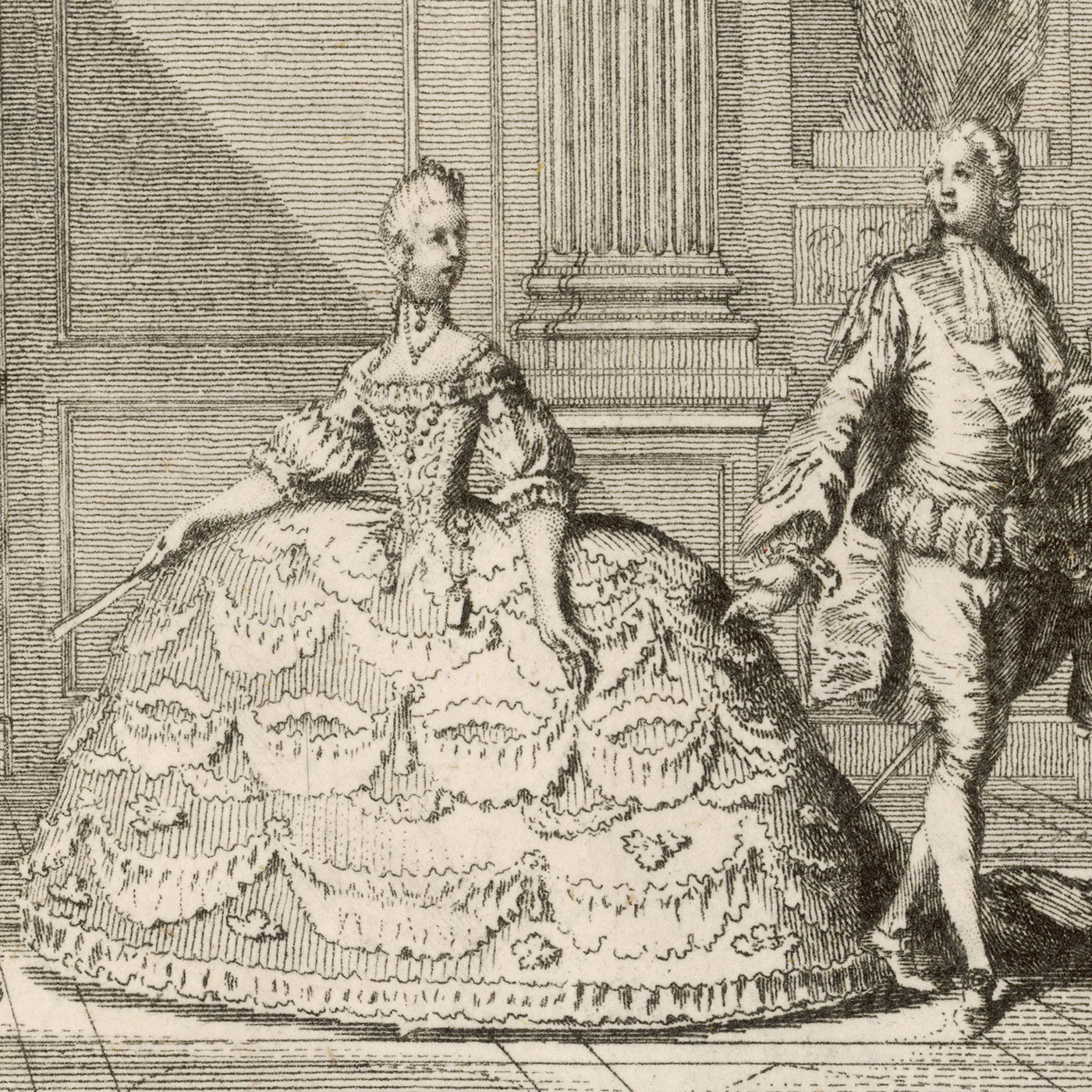
O amor de Maria Antonieta pela fragrância
No século 18, o amor de Marie Antoinette pelo perfume foi bem documentado. Seus aromas foram preparados pelo principal mestre perfumista Jean-Louis Fargeon, com quem ela teve um relacionamento incrivelmente próximo. Fargeon criaria uma variedade de fragrâncias para atender às suas diferentes circunstâncias e requisitos - chegando até a criar fragrâncias para perfumar sua água do banho. Seu amor profundamente enraizado pela fragrância a decepcionou no final - foi dito que ela só foi reconhecida como realeza ao tentar fugir de Varennes por causa de seu perfume Houbigant exclusivo.
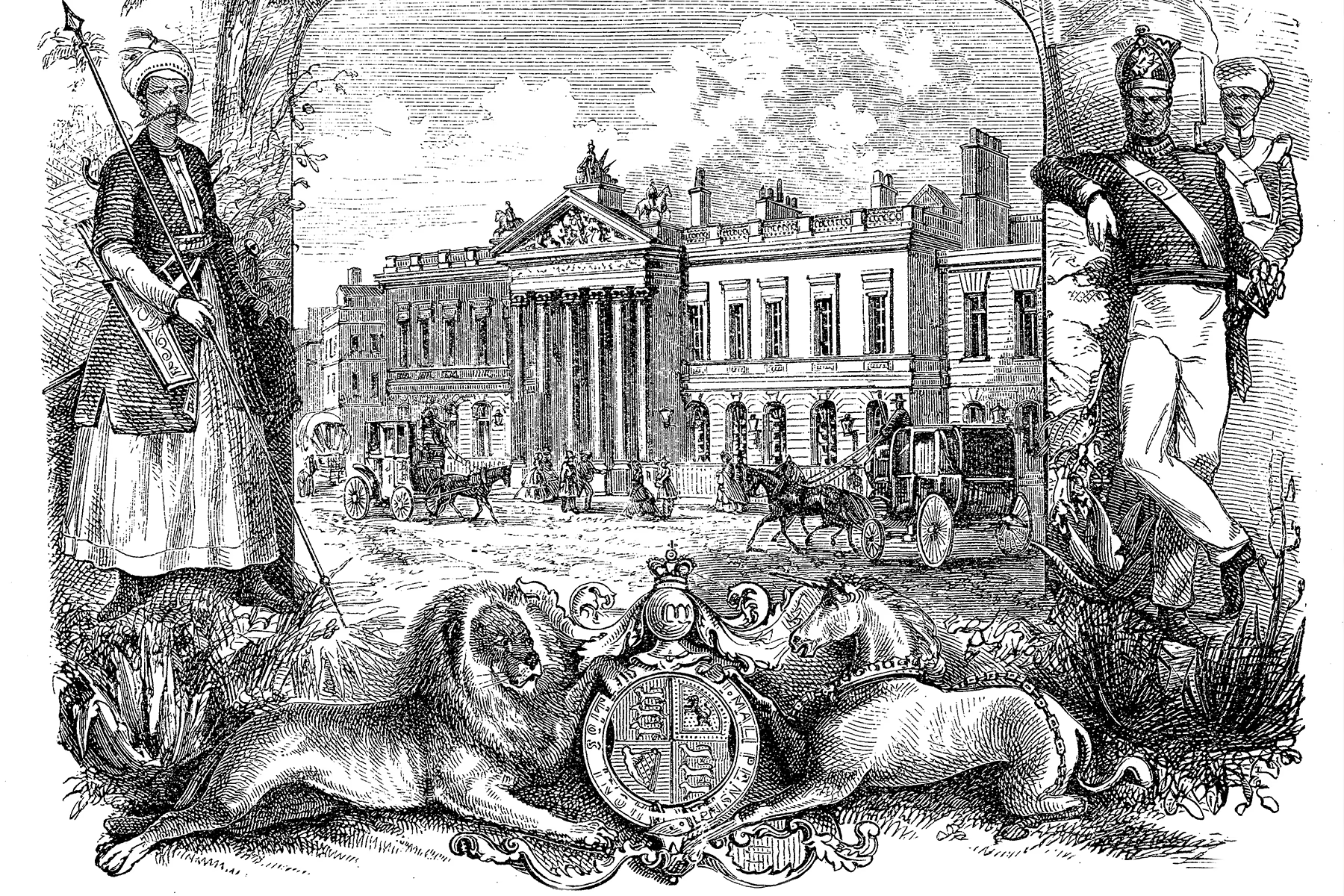
A ascensão da indústria de fragrâncias da Grã-Bretanha
No final dos séculos 18 e 19, a Revolução Francesa e a guerra na Europa levaram a Grã-Bretanha a comercializar e produzir fragrâncias européias. A Grã-Bretanha viu uma rápida industrialização e avanços tecnológicos, criando uma sociedade de consumo florescente e cada vez mais rica em comparação com seus vizinhos imediatos na época. Com suas rotas comerciais globais e organizações como a Companhia das Índias Orientais, o Império Britânico trouxe diferentes especiarias e ingredientes exóticos para perfumistas e consumidores cada vez mais exigentes. O mundo moderno do perfume nasceu.
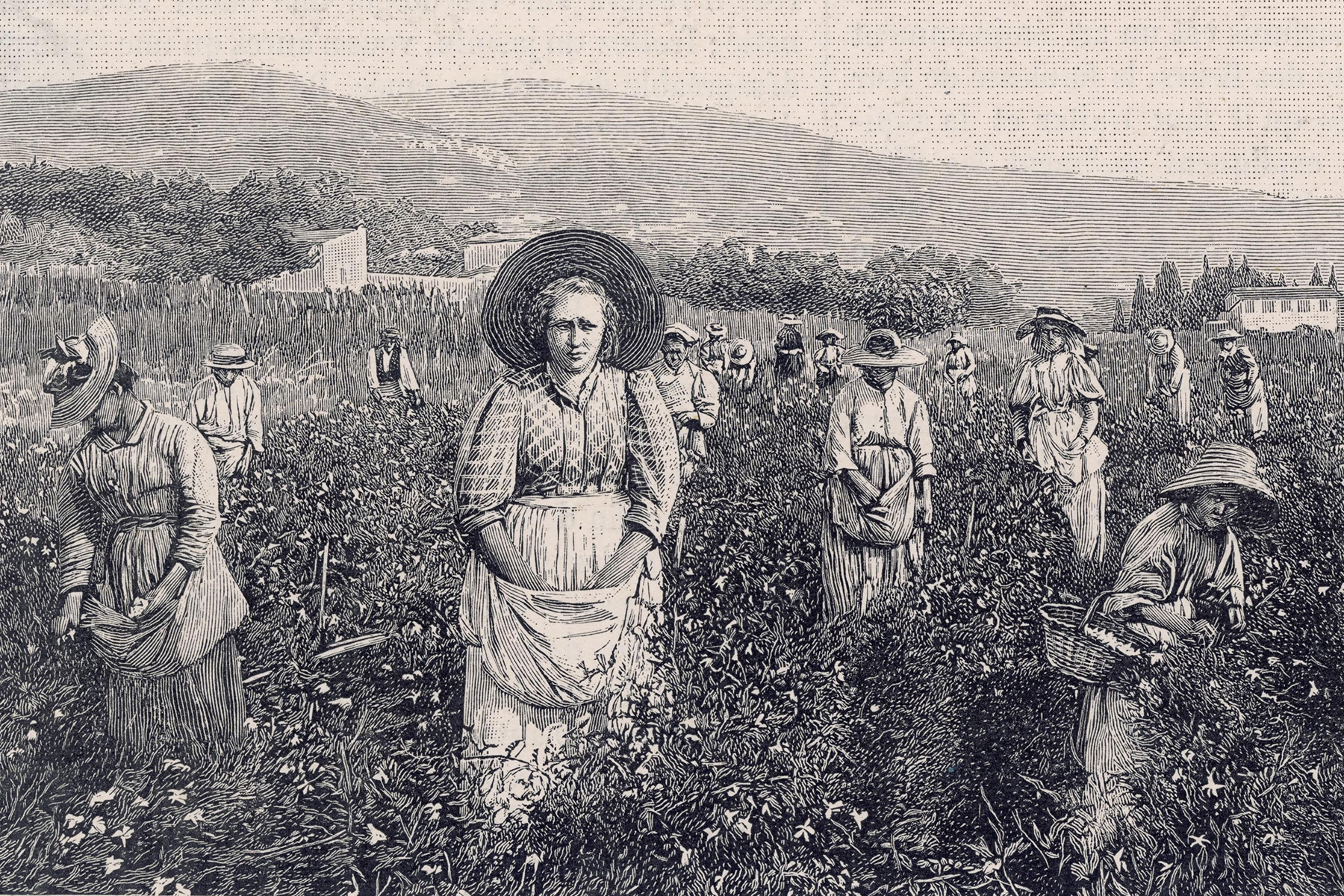
Misturando natureza e ciência
Os perfumes são geralmente produzidos a partir de plantas: uma mistura de materiais vegetais perfumados. Os óleos essenciais são extraídos de diferentes partes de plantas, flores, sementes e cascas. No entanto, muitas coisas mudaram desde os primórdios da perfumaria. Os avanços científicos permitiram que muitos desses compostos de origem natural fossem produzidos sinteticamente. A perfumaria moderna que conhecemos hoje começou no final do século 19 com a síntese comercial de compostos aromáticos como a vanilina ou a cumarina. Isso levou à criação de perfumes com aromas anteriormente inatingíveis apenas de fontes naturais.
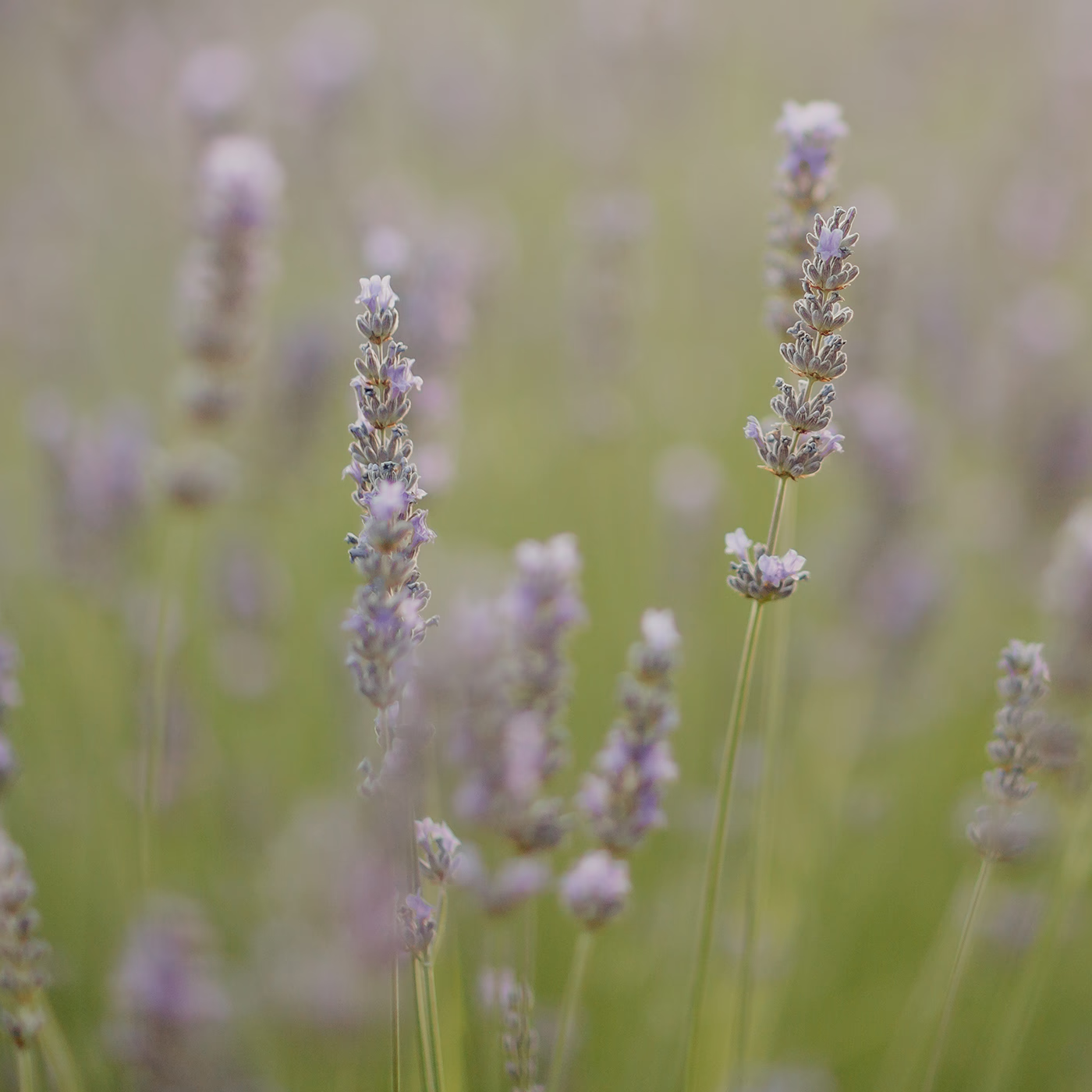
Do bem-estar à sobrevivência
As partículas voláteis de cheiro agradável emitidas por estes compostos botânicos perfumados têm sido sinónimo de bem-estar e bem-estar. Atualmente, os perfumes realçam o aroma dos nossos espaços de vida, corpos e vestuário.
O nosso sentido do olfato continua a funcionar como um sinal essencial na nossa vida quotidiana moderna, fornecendo-nos informações sobre o nosso ambiente imediato. De uma perspetiva biológica, o sentido do olfato continua a ser fundamental para a sobrevivência de muitas espécies, incluindo a nossa.
Esta capacidade de cheirar provém de células sensoriais especializadas chamadas neurónios sensoriais olfactivos, que se encontram numa pequena área de tecido no interior do nariz. Estas células ligam-se diretamente ao cérebro e cada neurónio olfativo tem um recetor de odores.
Em CRANBOURN®Acreditamos que deve cultivar este maravilhoso sentido olfativo, desfrutando de fragrâncias na sua vida quotidiana, melhorando a sua Arte do Bem-Estar™.




